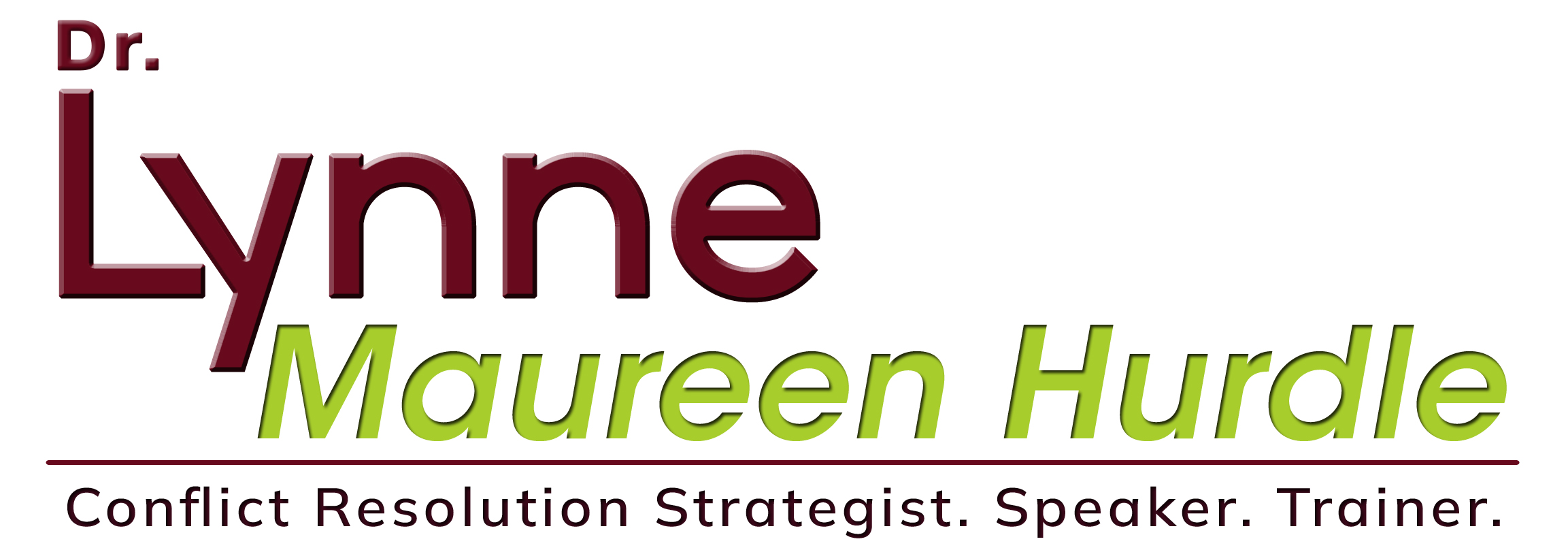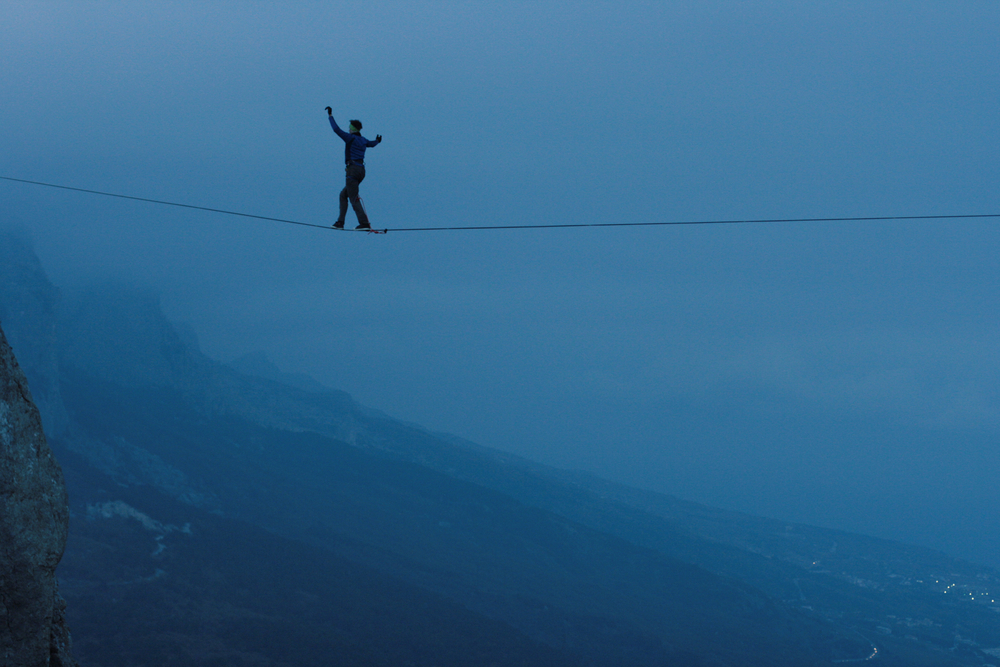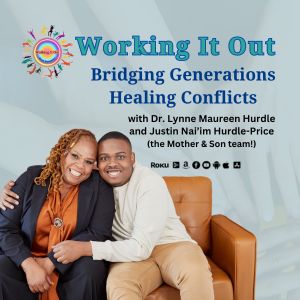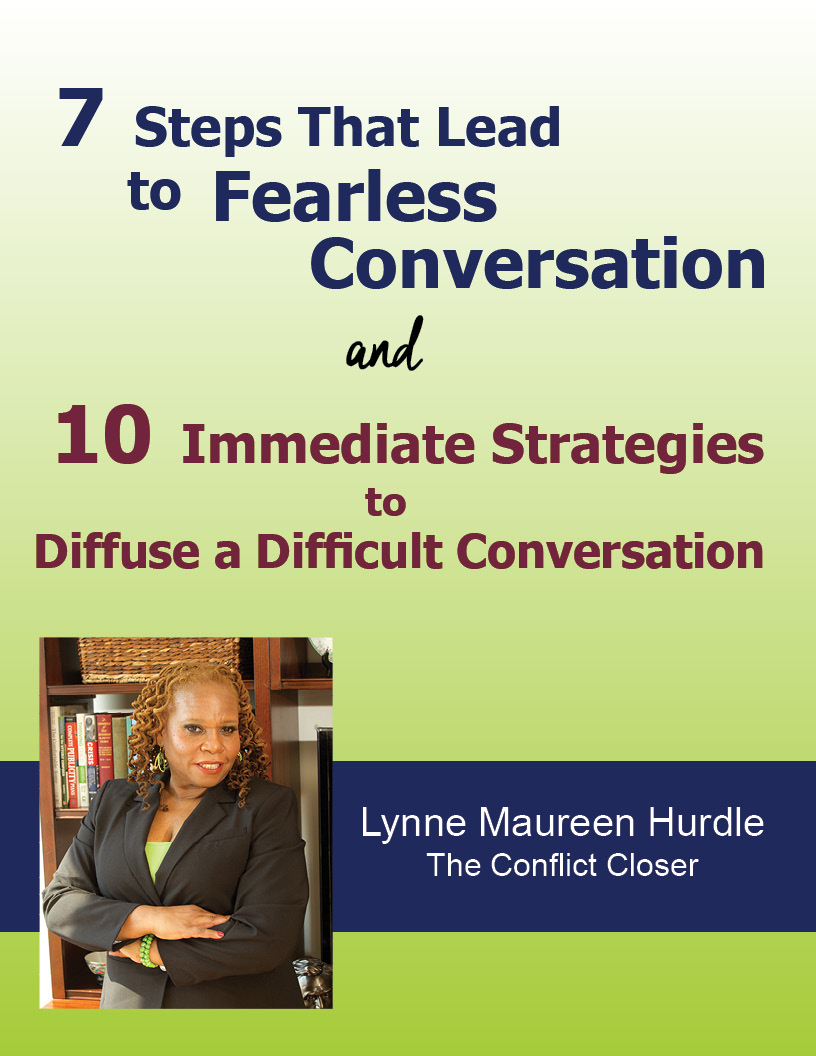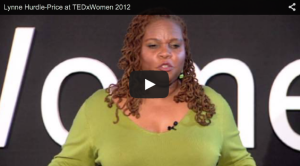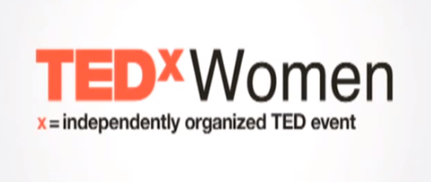When I wrote this over 4 years ago, I thought I had started to come through the most difficult conflicts of my life. I had no idea that they were the preparation for the hell I was about to experience for the next three years. I am thankful for the grateful edge and I want to revisit it because it is more valuable and powerful than I ever thought it would be.
I was with a friend who had just experienced a really nasty conflict. She was exhausted and very glad that it was finally over. After months of back and forth conversations, insults, miscommunication, gathering supporters, some sleepless nights, and even contemplating nasty revenge fantasies, finally, the other person actually came around to working on amicable resolutions.
The personal problems in the other person’s life, (that had actually fueled the conflict with my friend) had come to an end and this person realized how her behavior had damaged both work and home relationships. She apologized to my friend and asked if they could start over. Though badly bruised from it, my friend accepted the apology and agreed to begin again. So far they have been working well together.
“So you have come to the “Grateful Edge,” I said to my friend, and she looked at me puzzled.
“What grateful edge? You mean that I am grateful that it is over? Absolutely!”
“No, I mean that you are at the edge of the conflict where you can be grateful for what it taught you,” I said.
Uh oh… I could tell she was not pleased with what had to sound like some supernatural new age philosophy to her. But it actually wasn’t. It is something I have experienced and many of you have too, but have not fully stopped to take advantage of.
The “Grateful Edge” is that time in a conflict when you have been taken to a place that you did not know that you could stand and go through. It is the edge beyond your comfort zone to a new level of you, that if you pay attention to, you can see all the things that you can be grateful for in this conflict.
To really capitalize on this experience and this moment, you have to take the time to ask yourself some key questions.
- What did I learn about myself that I didn’t know before?
Some people have responded that they learned they could get “ugly” with someone, even though they do not see themselves as that kind of person. And they decided they want to learn ways to not go there again. Some people learn about the endurance to hang in there, even beyond what they thought they could. In a season of horrible conflicts with my teenage son, I’ve learned that I could experience terror, AND live life while experiencing it. I never thought I could do that. I truly experienced the “Grateful Edge.”
- What did I learn about this other person?
My friend learned that it was not as personal as she thought. She believed that this person had it out for her. She learned that as a human being, this other person had personal things going on that she was not willing to share, and they were affecting her behavior. Some people learn that the other person does not enjoy conflict, but is just really bad at it. There is a lot to learn if we are willing to look for it.
- What am I grateful for in this conflict?
Most people are just grateful that it is over, but I encourage people to be grateful for the experience. Conflict is here to teach us, not to hate and hold grudges against people, but to actually take the time to explore ourselves. I am grateful that I had the daily opportunity to problem solve and try one thing after another. Yes, it was frustrating, disappointing, and scary when things didn’t work, but not everything failed. I now had an experience that could be helpful to others who were going through it too. I was also grateful that I reached out to others for help and they responded.
I have a long list of gratitude for that terrifying season of conflict. It strengthened me in so many ways even though it was terribly hard. As I look back on it, I know that I at times made it harder by resisting it instead of just experiencing all that it brought.
We will have conflicts in life, and every time we avoid or push them away, we are resisting the opportunity to grow and learn, and the greatest learning is right at that “Grateful Edge.” It is there where we can stop and take notice of where we are and be grateful for just how far we have come.
Next time you are in a conflict, I encourage you to go there to the “Grateful Edge” and then tell me about it. I want to celebrate your growth with you.
Still Grateful.
In Love,
Dr. Lynne
